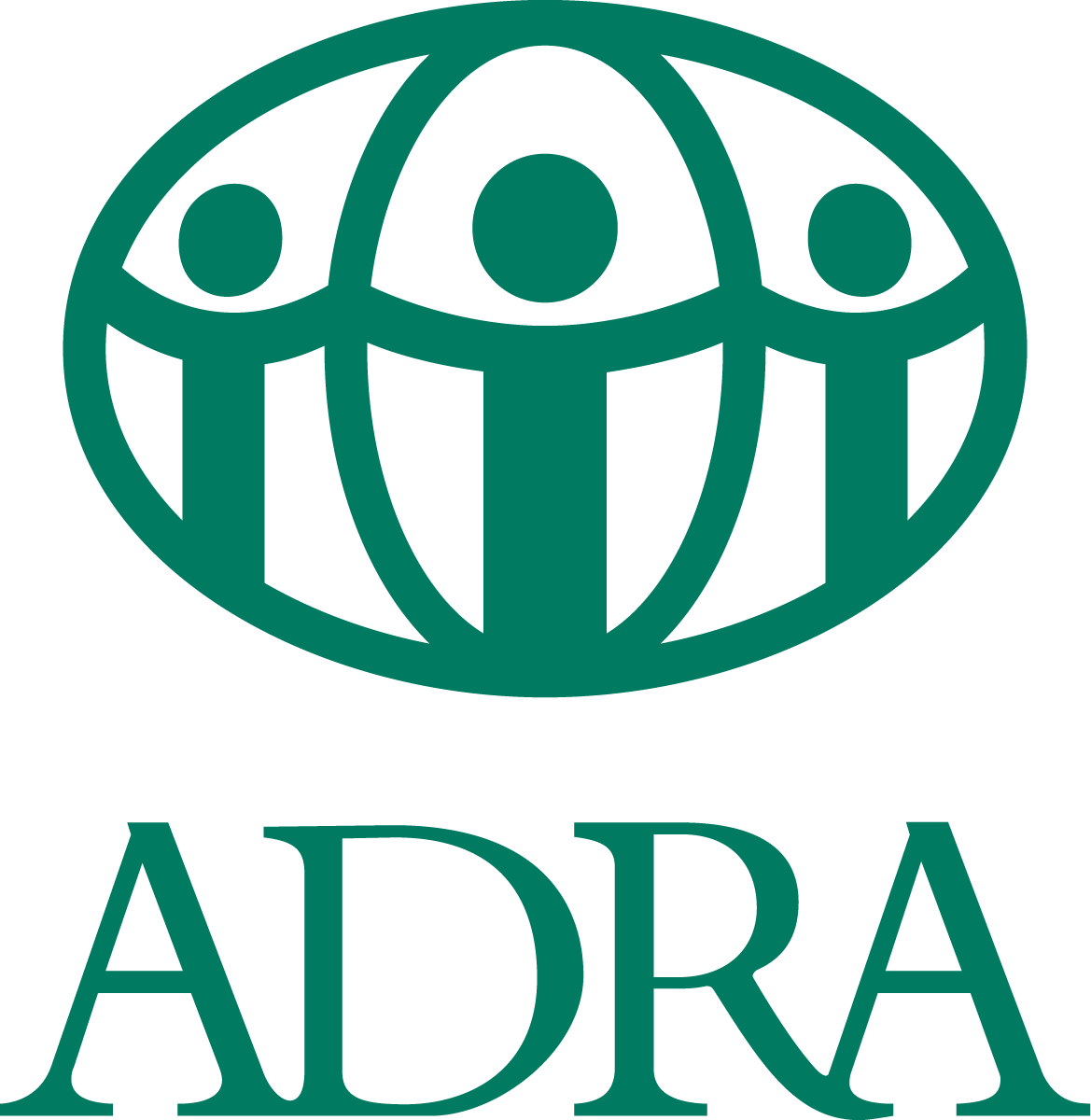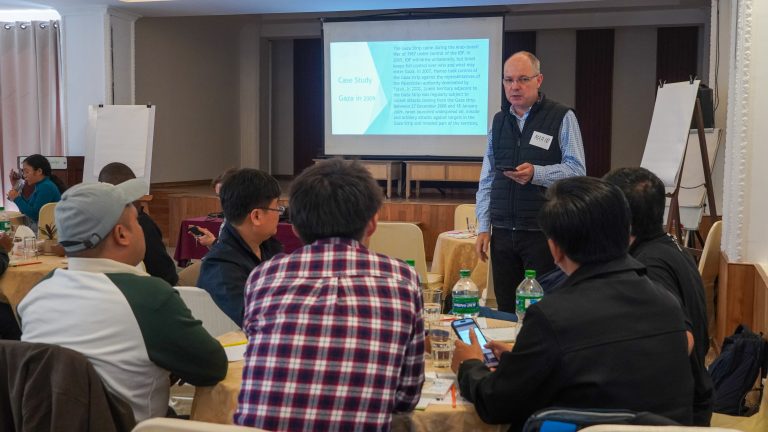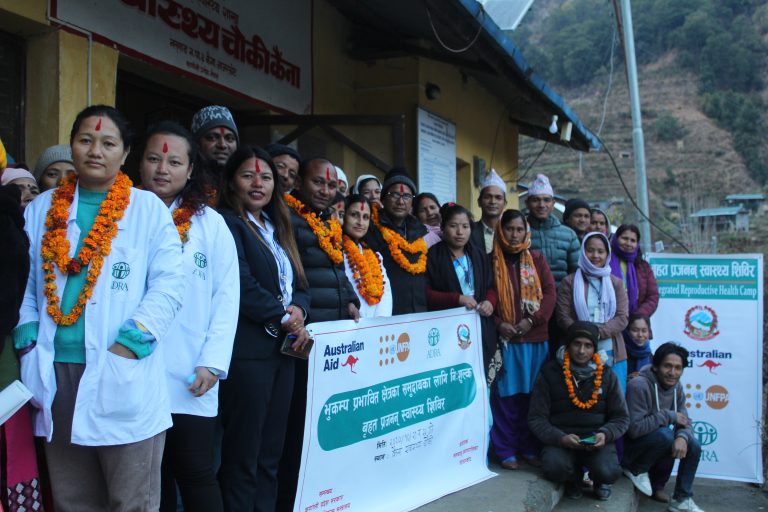आपतकालीन
responding in times of crises
Nepal is listed among the top disaster-prone countries in the world, with the nation ranking 11th globally for earthquake vulnerability, 4th in climate risk, and 30th for flood and water-induced hazards. Frequent earthquakes, flooding, landslides, droughts, heatwaves, cold spells and glacial lake outburst floods are occurring more regularly, which exacerbates the vulnerability of already disadvantaged communities.
With our international ADRA network emergency response plan providing timely access to initial funds, as well as a network of trusted partners across the country, we can have emergency supplies on the ground within 72 hours of a government call for international response.
We work closely with the NDRMMA and their coordinated response to ensure that support is spread across affected communities. By managing the distribution ourselves, we can ensure that supplies go to those who need them the most.
Following a disaster, we aim to stay in communities to help them recover and rebuild their lives.
Across various programs we also help communities prepare for disasters, this may be through community-based risk mapping, response planning or working with municipalities to strengthen their response capacity.
impact 2024

Did you Know?
ADRA Nepal, part of the global ADRA network recognized internationally for humanitarian response and development programs, engages in national Disaster Risk Reduction and climate change platforms, Community-Based Disaster Risk Management, school and hospital safety, and promotes Core Humanitarian Standards and Sphere standards.
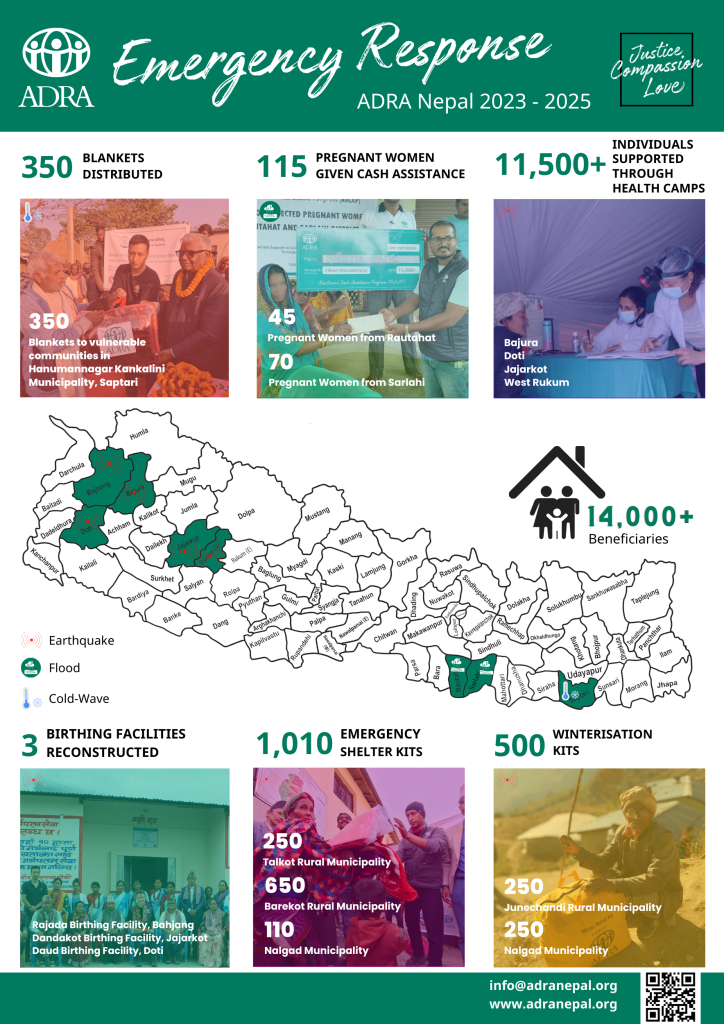
परियोजनाहरू
Integrated Reproductive Health Camps
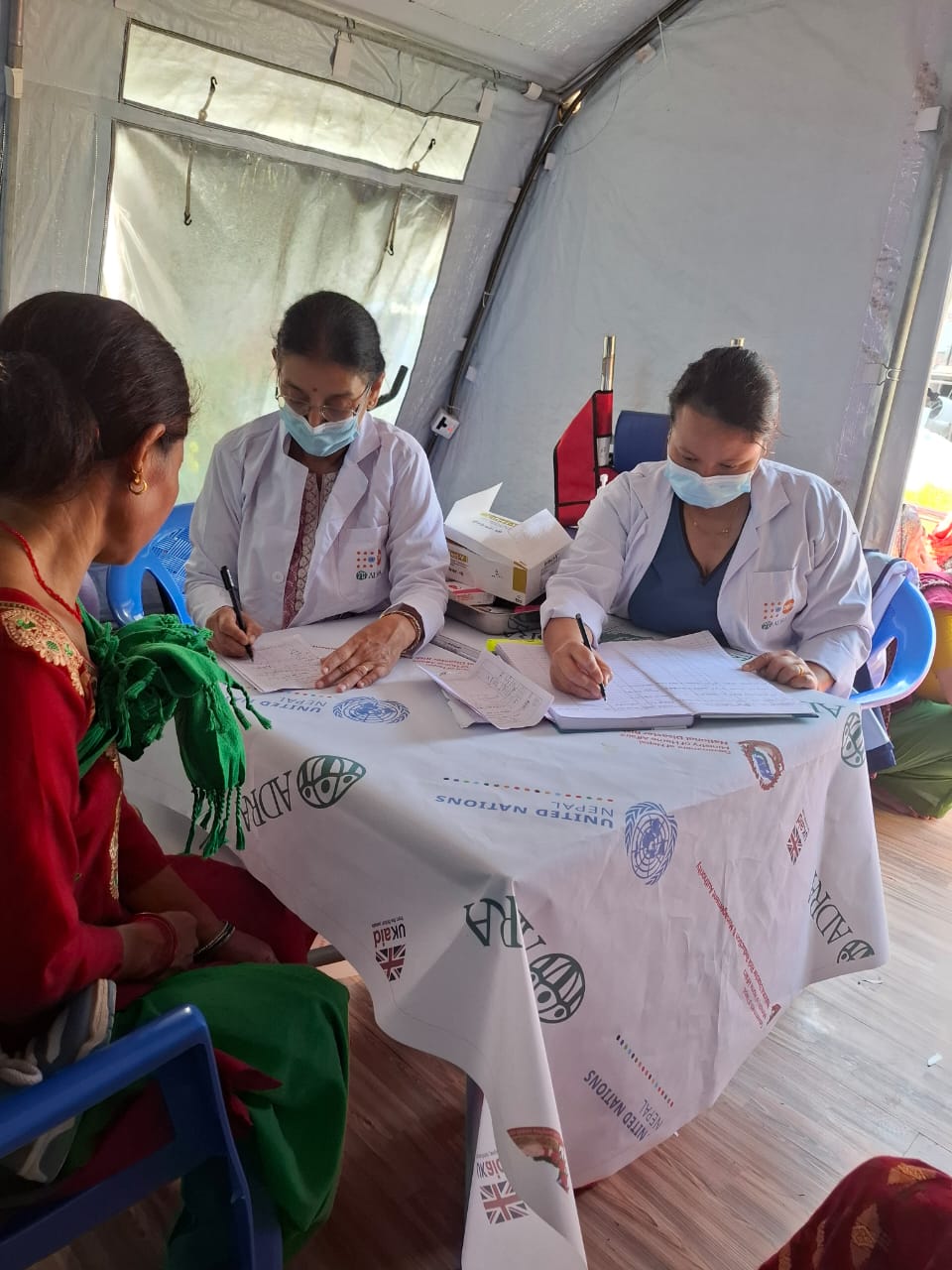
Integrated Reproductive Health Camps bring critical health care to Jajarkot and West Rukum in Karnali District – areas affected by earthquakes last year. The Earthquakes disrupted regular health services and highlighted the need for specialist services in these remote hilly regions. The project is organising 28 health camps, targeting 8400 recipients in coordination with the local municipalities with a key focus on increasing service usage for the marginalised populations and advocacy for reproductive health issues within the communities. While the camps are primarily targeting women, general healthcare is also provided and available to men visiting the camps. This project is supported by UKAID through UN organizations (JRAP), with additional contributions from ADRA Switzerland and ADRA UK. It will run from August to December 2024.
